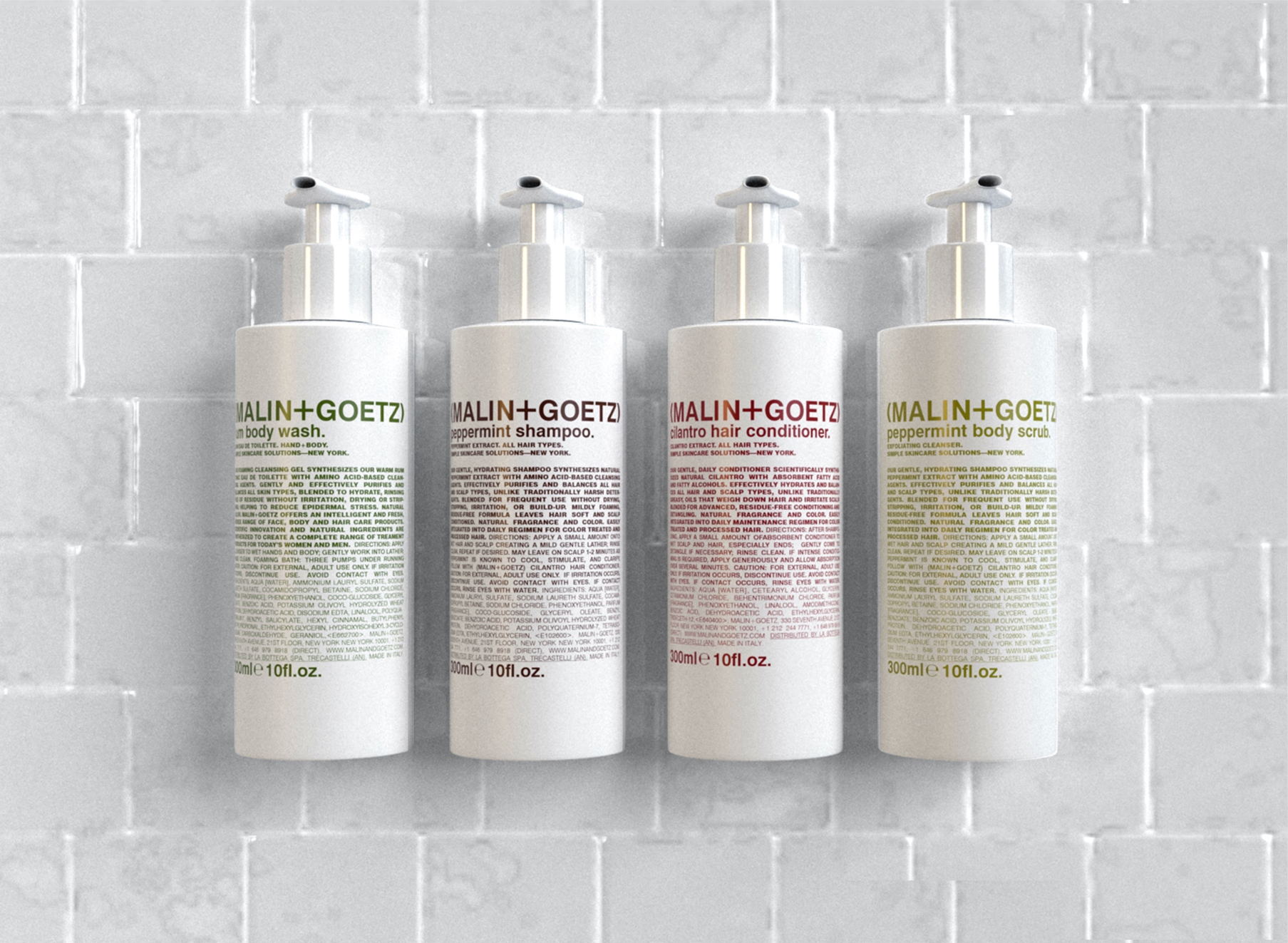Attempting to understand the drug war for what it is and isn’t
As was the case with virtually every administration this country has had, there are many things left wanting in President Rodrigo Duterte’s regime, but for as long as the rhetoric regarding illegal drugs stays the same, the opposition, human rights groups and foreign leaders will continue to point to the number of killings, and the cultivation of a culture of impunity as the foremost concerns.
The President’s supporters often argue with numbers and semantics – questioning the 7,000-plus figure the “biased media” maintains is the growing number of deaths resulting from the drug war.
For his part, Philippine National Police Chief Ronald dela Rosa made it clear he is not a fan of the term “extrajudicial killings (EJK),” widely used by the local media to describe the deaths.
“You’re ramming the term EJK down our throats because that’s what you like,” the police chief said.
As pointed out by a Philippine Star report, the Directorate for Investigation and Detective Management showed 6,011 homicide cases. At the time the report came out, a total of 1,398 were confirmed to be drug-related, while 3,785 were supposedly being investigated.
Pardon me
But more disconcerting is the President’s refusal to step away from his rhetoric of pardoning erring cops who “follow his orders.” This is troubling because the PNP has, historically, been one of the most corrupt organizations in the country—something the President should have taken into consideration before he wielded them with the power they have now.
Add to that the President’s pronouncements, then you end up with cases like murdered South Korean businessman Jee ick-Joo, whose case has still not reached anything resembling a conclusion.
Then, there’s the case of murdered Albuera Mayor Rolando Espinosa – the accused police officers for the murder of whom were not only promised Presidential pardon, but quite brazenly, a promotion. The President argues that Espinosa ruined half of Visayas with his drug trade. Considering all hyperbolic tendencies, you can almost see where Duterte is coming from.
“The [President] is a good communicator so sometimes he uses hyperbole to communicate [but] he did not intervene [in the case],” then Interior Secretary Ismael Sueno was quoted saying, when he defended Duterte’s comments about pardoning and promoting the accused cops.
“So, what he is saying there is, ‘Don’t become drug lords because I will side with my policemen who can catch you, arrest you.’”
Ironically, about a week later, Sueno was fired by Duterte, citing “loss of trust.”
But what is extremely curious is why Duterte, who used to carry around drug matrices to present to the media, refuses to look further into the case – when Espinosa, prior to his death, submitted an affidavit naming 226 personalities allegedly involved in the drug trade. As a note, the list included 19 politicians, 38 policemen and four members of the judiciary.
Why is there no effort to look into Espinosa’s claims, when the testimonies of other drug traffickers have been used to jail a senator? If this really is a war on drugs and not the poor – shouldn’t the same resolve and intensity have been applied to probing the case; a case that could uncover something far more substantial than street level users and peddlers?
Weeded out streets
Meanwhile, administration supporters point to the fact that the much maligned war on drugs IS indeed working, as supply of drugs on the streets has been the lowest in recent memory; price points are at its highest; and a prevalent air of fear hangs over even recreational users.
As pointed out by veteran media practitioner and Philippine Daily Inquirer columnist Ramon Tulfo, people who come to his radio show seeking assistance for various injustices, have expressed belief that they are benefiting from the “war on drugs.”
The general feeling is that the streets have gotten safer. They say the drug addicts who regularly disturb peace in the neighborhoods are gone. A student said that there have been no cases of robberies outside their campus since the crackdown began.
This writer has seen it firsthand as well. The streets do seem safer, with people more wary of police presence. Say what you will about the President’s preference for creating a climate of fear to combat drugs and criminality, but on the ground, there is a difference to be felt.
The question is, when you merely crop the weeds of the problem, what happens when you step down five years from now?
By TIMOTHY JAY IBAY

The antics of semantics
Published on April 12, 2017
This post was last updated on March 26th, 2020 at 02:54 pm








